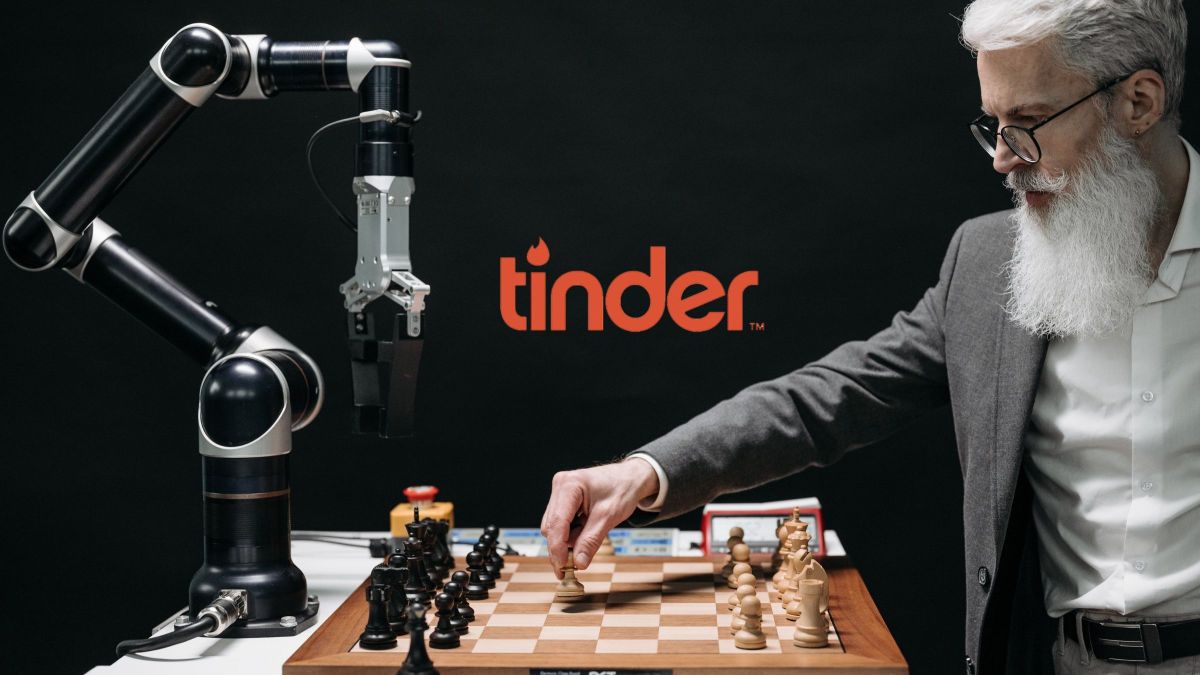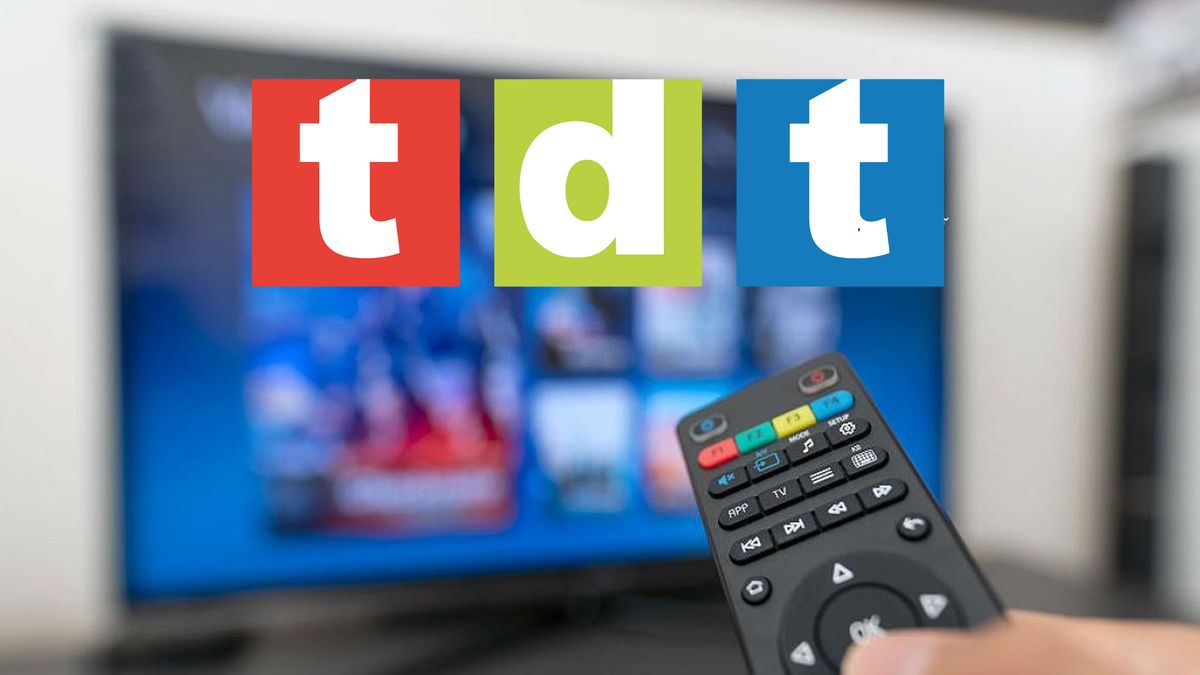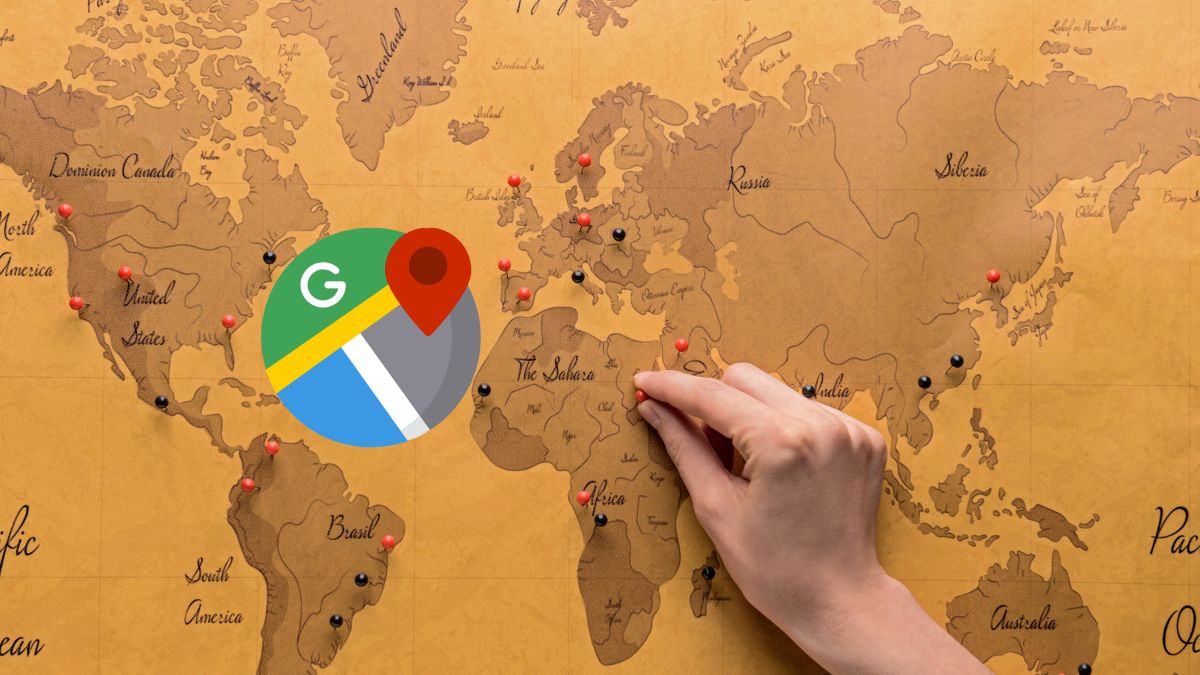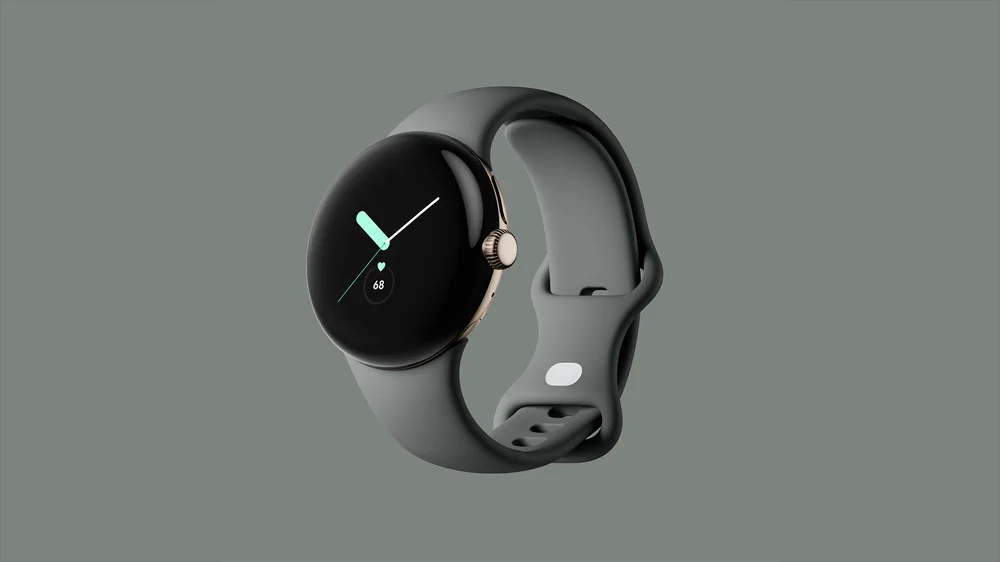
I’ve never really used Tinder. I downloaded the app for a couple of days back in 2014, out of curiosity, but it soon felt unnatural and I uninstalled it.
Now, in these eleven years I have seen how my friends became experts on Tinder and reserved one day a week for their match. I even saw a pair—like a white blackbird—formed through it.
Tinder was the third application for mobile phones and smartphones that generated the most money in 2020: 441 million dollars in profit, but increasingly it fails to attract younger generations and loses value. Its parent group, Match, has plummeted by 75%.
Furthermore, it seems that the competition—Bumble—is failing to take the baton. Dating apps do not convince generation Z. Why does this happen? I may not be an expert on dating apps, but I know how matchmaking systems work in video games. When I read the word Elo, I knew exactly what it was.
Tinder has long denied using this parameter, which comes from the chess competitive environment classification system, and was confirmed by its then CEO back in 2016, but what does it mean?
Elo means that until they changed it (if they have changed it), users on Tinder were measured in a balanced ranking by victories (match) or defeats (swipe) against users who were proportionally ranked worse or better.
An ordinary chess player losing against a world champion is predictable. Now on Tinder they talk about a “dynamic system that influences how members interact”. It also happens among gamers.
Elo is transformed from Elo to Hidden Elo or Matchmaking System (MMR), or anything else, but it is undeniable that it exists, whatever it is called. It is impossible not to regulate something like that.
It’s what determines who you play with and how much you rise in the rankings if you win or lose.. Around it, there are strategies of the company, and of the user, inevitably. In this case, different for men and women.
Tinder’s love algorithm
In The Algorithm of Love The journalist Judith Duportail investigated and found in Tinder’s patents several parameters – Tinder denies several of them, such as income – that could be taken into account in this match.
Age, salary, matches achieved, keywords in profile, photo success rate and ultimately all the data in the 800 pages that made up the journalist’s data after several years in the app.
That something is in a patent, updated up to three times, does not indicate that it is really like that, the algorithm is hidden, but it is a great indication, at least of how some issues were raised. The truth is that Tinder’s statements and actions since then are changing in another direction.
Be that as it may, the journalist denounced a Tinder with a transgressive communication strategy that she could not allow herself to reveal. a matchmaking system that worked by reproducing questionable models from that perspective.
Older man with more income for younger women, pure DiCaprio style. Like McDonald removing plastic straws. But also the orchestration of an idea of ”destiny” encouraging coincidences in childhood places, the initials of the name, for example.
Tinder is part of Match, a large app conglomerate, and also collaborates closely with large platforms like Spotify, so the data can be used not only to find a partner on Tinder, but also to sell advertising or make us jump platforms if not. We fit.
Europe and its fight for user privacy
That companies use our data is no longer a surprise. We live in a context in which Europe, through the Data Protection Regulation or the Digital Services Law, fights against this practice.
They look for concepts such as algorithmic responsibility or dealing with dark patterns, techniques with which they manipulate websites. Examples?
YouTube sued for its system detecting those who used ad blockers. TikTok is forced to give its users a choice if they want a feed based on the algorithm. Goal questioned for its advertising-free promotion in exchange for data.
Furthermore, AI has been trained with all this data, and the companies themselves assure that it will have a role in dating apps. In this sense, one in 5 men would already use AI to get more dates on apps like Tinder, according to Insider.
EloHell and the Tinder paradox
Going back to the comparison with video games, they only want one thing: to keep you playing. Just like Tinder. The problem in the dating application is that each successful user would be two potential lost clients: it is the paradox of Tinder.
So it would have made the ranking jumps profitable. “Attraction becomes the anticipation of validation,” noted Duportail.
He EloHell It is a gamer concept that means that you have lost too many against people of lower level and you are trapped in matchups that harm you. As if Real Madrid always played against a team in relegation and could only win one pointbut lost five in defeat.
Many recommend deleting your Tinder account if you reach it, others propose strategies to keep your head above water. Translated to Tinder, fewer times they will see your profile.
Streaks or playing with someone of a higher level than you, avoiding unfavorable matchups or having a good start to the season would be key to positioning yourself well.
In the case of Tinder, it can be giving little information or tactically studying when to choose to say yes, a whole strategy to feel validated and continue climbing. Then there is the concept of EloBoost, illegal in games. It’s about paying someone to raise your bill.
On Tinder it translates to paying to increase your ranking with Tinder Gold, or even being a VIP with Tinder Select. Without a doubt, a temporary ego boost, but also a reality punishment when you return to your place.
Maintaining a balance between getting appointments and remaining willing to pay seems to continue working with old users, already accustomed to this model, but it seems not with young people who are new. Some scandals with fake bots, collected by New York Times, they haven’t helped either. However, Tinder seems to be trying with new tweaks to its algorithm.
Communities of seducers, coaches and spirituality
Tinder may say that Elo is an outdated concept, but there is an entire ecosystem around how its algorithm works. Whatever his name is. Just type: Tinder Algorithm on Google to pop up several communities of “seducers” who teach how to hack your ELO.
It may seem banal, but beyond the Tinder business, these types of “hookup strategies” platforms can make a lot of money. They talk about noob boost (or take advantage of the pull that Tinder gives to the newbie) or strategies of early game (early game) looking for only “high value” matches.
We can trace its modern existence to long before Tinder, perhaps in The method, by the journalist and “seducer” Neil Strauss, where he narrates a report for Rolling Stone that leads him to be the best in manipulation techniques to conquer women.
His theory has mutated and been made profitable by forums, YouTube channels, coaches to be a millionaire, people bothering the streets and even a reality show. A little of everything. And for those who want peace of mind, there are “spirituality” workshops.
A vision of the world in which there are rules about which one can cheat. Manage to break the algorithm, without taking into account the brain reward systems on which many of these strategies are based and their harm and harm in the future.
Towards a Tinder more concerned about its users

The impact of social networks on self-esteem and mental health is increasing. The National Observatory of Technology and Society identifies that 11.3% of individuals between 15 and 24 years old are in a high risk category of developing a pattern of compulsive use. Although 80% consider they are more connected to their environment through the use of the Internet and networks.
In addition, new dark professions emerge, such as sexters. Agencies of professionals who chat with users posing as the OnlyFans star earning $500 a day.
Or social media moderators—who cover up with their mental health what cannot reach the surface—with unimaginable psychological consequences.
Tinder is making changes. Now it provides data, helps with red flags, – who knows if with beige flags – ensures that it works on a model that is based more on real connections and bans, among other new functions.
Communication strategy? Change towards a more sustainable model for self-esteem? Time will tell. If it doesn’t succeed, Tinder will only resemble chess in that fewer and fewer young people play it. The king of mental sports has demonstrated its psychological benefits and crystal clear rules.



